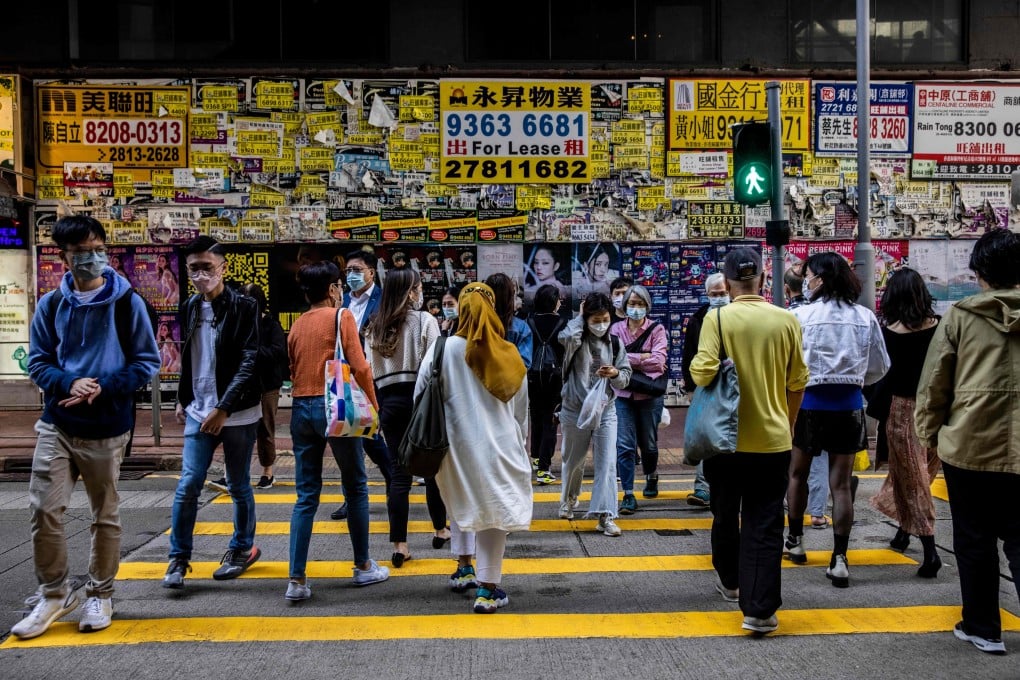Advertisement
Opinion | Good English is Hong Kong’s passport back to the world community
- With the right messaging, the government can encourage better English with a sense of inclusivity and integration – without neglecting Mandarin or Cantonese culture
- As a financial city, Hong Kong must embrace English if it wants to become China’s most potent ambassador
3-MIN READ3-MIN
21

It is an odd reflection of our times that while several Hong Kong universities are rated highly on global lists, English proficiency in the city is generally seen as steadily dropping.
Hong Kong has five institutions in the top 100 on the 2023 QS World University rankings (Singapore has two). The city also has top-100 placings in other major surveys. This was highlighted by Chief Executive John Lee Ka-chiu in his inaugural policy address, where he focused on “unleashing the potential of students” and attracting fresh talent.
But something is awry. Education First’s 2022 English Proficiency Index – based on the Standard English test results of 2.1 million adults from 111 countries and regions – ranks Hong Kong at just 31st place. Singapore is No 2. Hong Kong may not appear too bad, with Switzerland (29) and Italy (32) for company. Yet in 2011, Hong Kong was ranked 12th of 44 places surveyed. In 2012, it was 25th of 54.
Advertisement
This world city banks on its international competency founded on English, the lingua franca of global commerce. Emerging from the Covid-19 silo, Hong Kong’s multinationals and small and medium-sized enterprises in need of multilingual talent are scraping the barrel. Bright students are emigrating. For many businesses, declining human capital is an existential problem.
Whither English? The abrupt and poorly managed switch to Cantonese mother tongue instruction in secondary schools in 1998 was an own goal. Schools had to adapt to “biliteracy and trilingualism”. The intent, sensibly, was to promote fluency in English and Chinese, with conversational ability in English, Cantonese and Mandarin.
Advertisement
But the policy lacked clarity and there was huge variance in its adoption. Whereas pre-1997, about 90 per cent of secondary schools taught most subjects in English, by 2019, just 30 per cent used English as the medium of instruction.
Advertisement
Select Voice
Select Speed
1.00x
